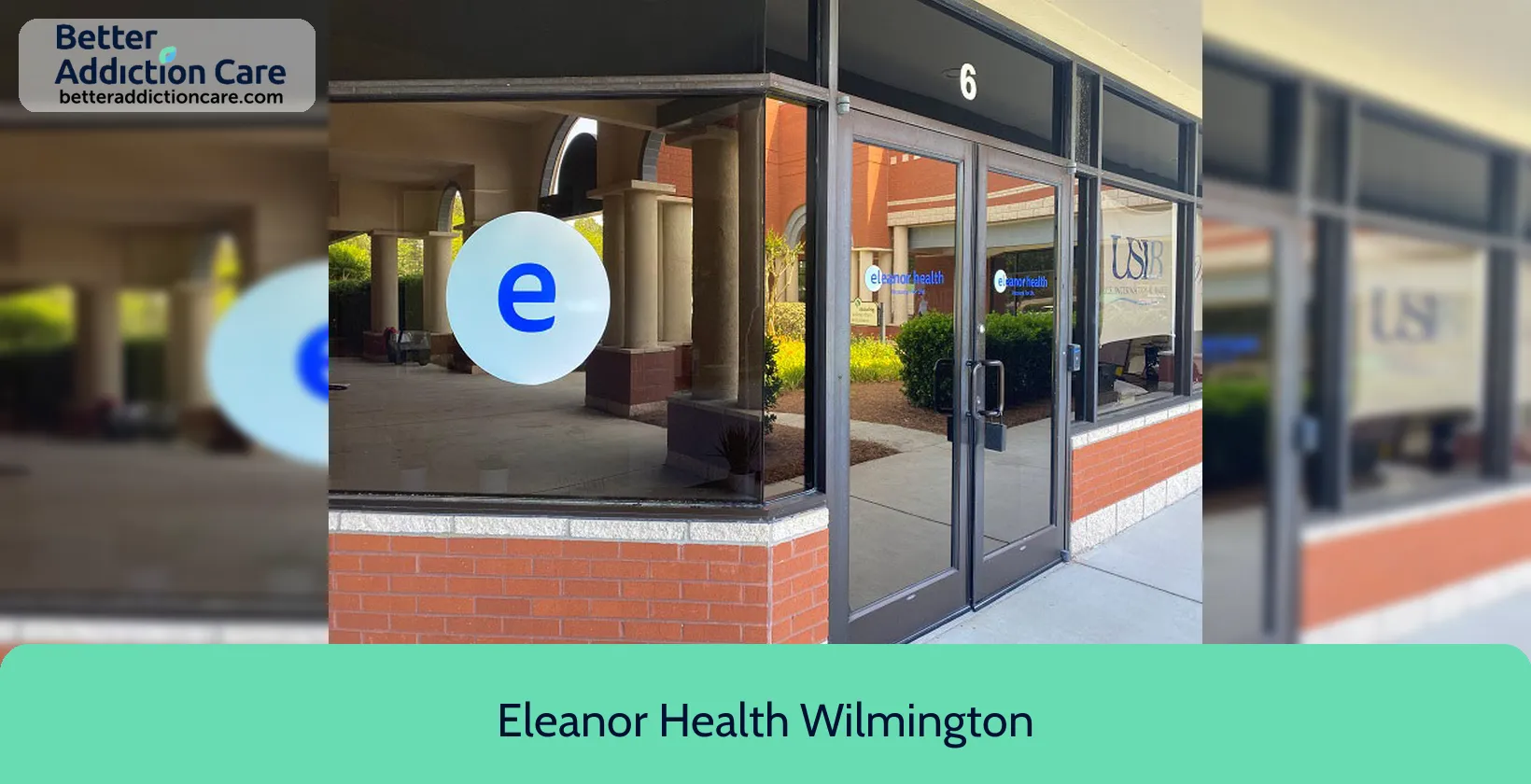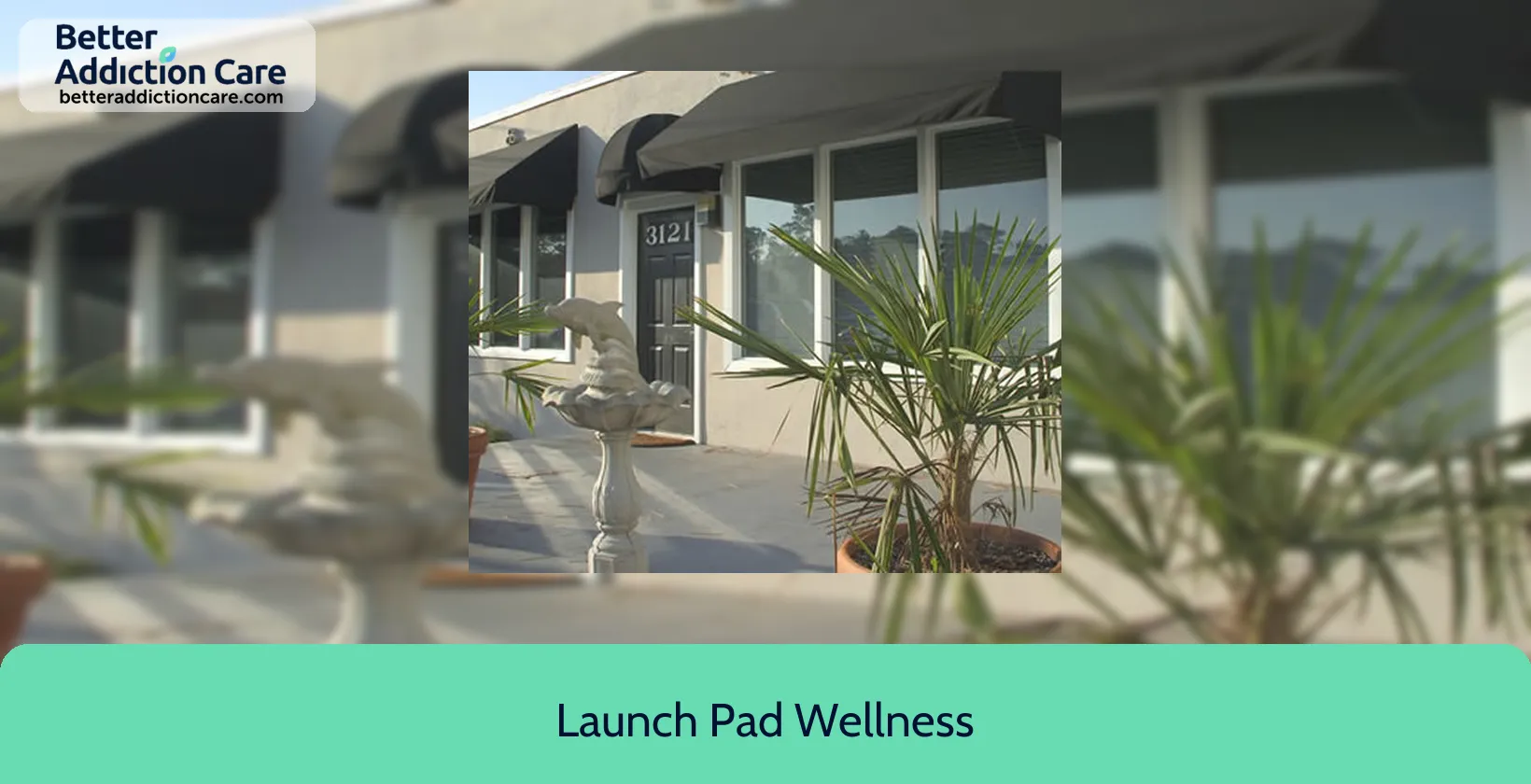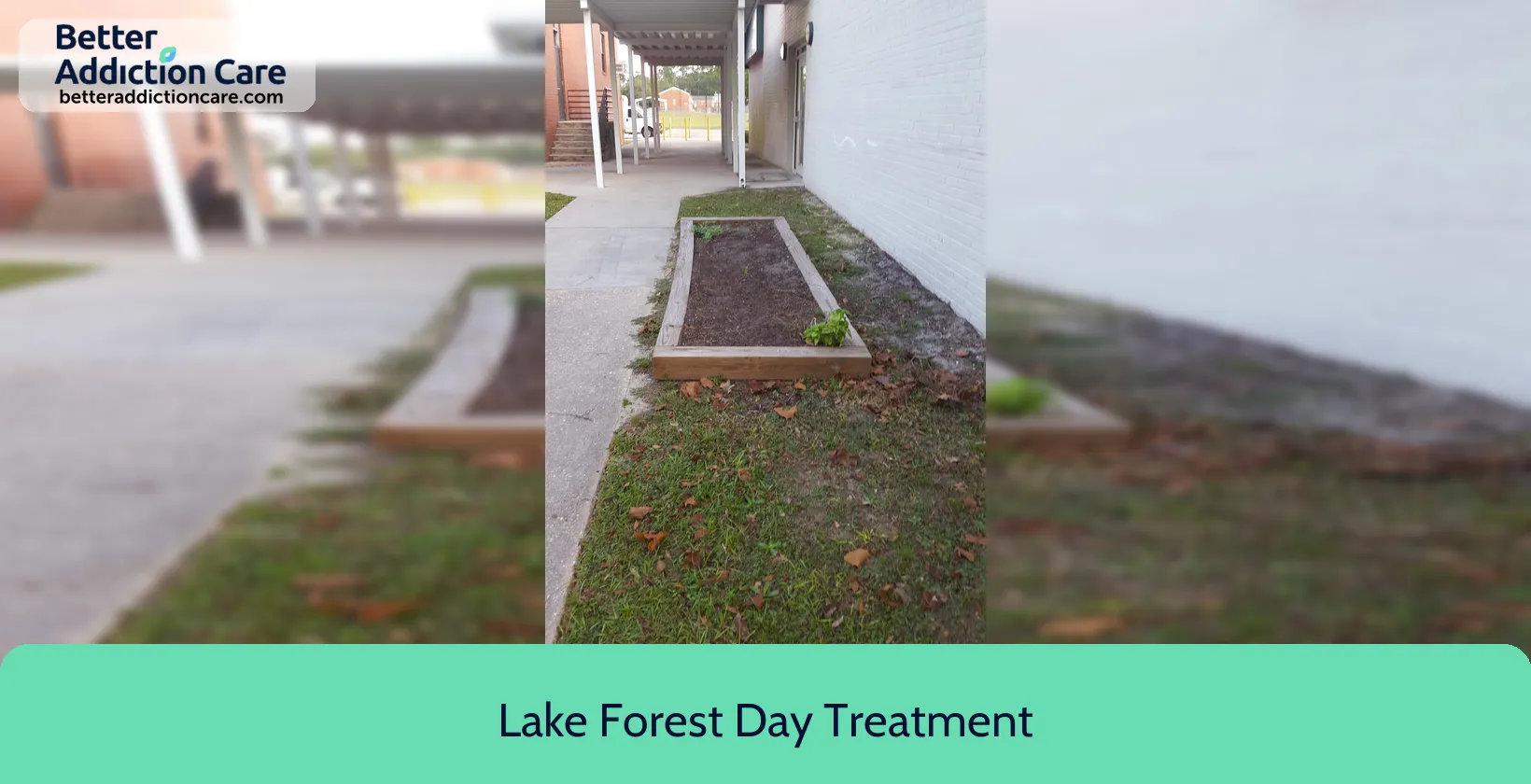Lake Forest Day Treatment
Overview
Lake Forest Day Treatment is a mental health treatment center for people seeking treatment near New Hanover County. As part of their treatment modalities for recovery, Lake Forest Day Treatment provides couples/family therapy, group counseling, and cognitive behavioral therapy during treatment. Lake Forest Day Treatment is located in Wilmington, North Carolina, accepting medicaid for treatment.
Lake Forest Day Treatment at a Glance
Payment Options
- Medicaid
- State-financed health insurance plan other than Medicaid
- Cash or self-payment
Assessments
- Comprehensive mental health assessment
- Comprehensive substance use assessment
Age Groups
- Children/adolescents
- Seniors
Ancillary Services
- Case management service
- Education services
- Family psychoeducation
- Suicide prevention services
Highlights About Lake Forest Day Treatment
6.65/10
With an overall rating of 6.65/10, this facility has following balanced range of services. Alcohol Rehabilitation: 8.00/10, Drug Rehab and Detox: 6.00/10, Insurance and Payments: 6.00/10, Treatment Options: 6.61/10.-
Alcohol Rehabilitation 8.00
-
Treatment Options 6.61
-
Drug Rehab and Detox 6.00
-
Insurance and Payments 6.00
Treatment At Lake Forest Day Treatment
Treatment Conditions
- Mental health treatment
- Substance use treatment
- Co-occurring Disorders
Care Levels
- Partial Hospitalization Program
- Outpatient
Treatment Modalities
- Couples/family therapy
- Group counseling
- Cognitive behavioral therapy
- Dialectical behavior therapy
- Activity therapy
Ancillary Services
Languages
- Sign language services for the deaf and hard of hearing
Special Programs
- Persons 18 and older with serious mental illness (SMI)
Get Help Now
Common Questions About Lake Forest Day Treatment
Contact Information
Other Facilities in Wilmington

7.58

6.89

7.48

7.90

7.31

7.49

6.68

7.19
DISCLAIMER: The facility name, logo and brand are the property and registered trademarks of Launch Pad Wellness, and are being used for identification and informational purposes only. Use of these names, logos and brands shall not imply endorsement. BetterAddictionCare.com is not affiliated with or sponsored by Launch Pad Wellness.

